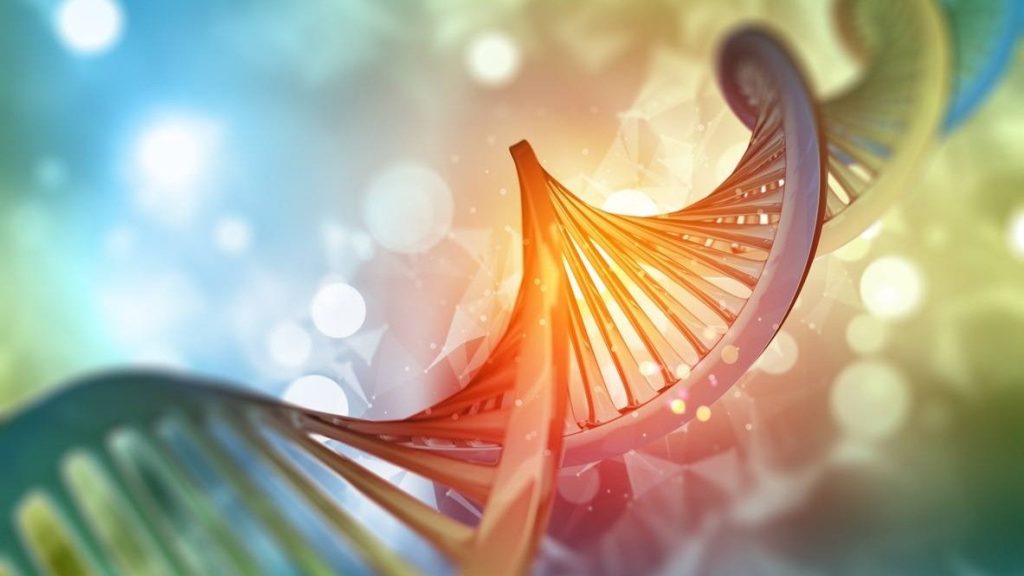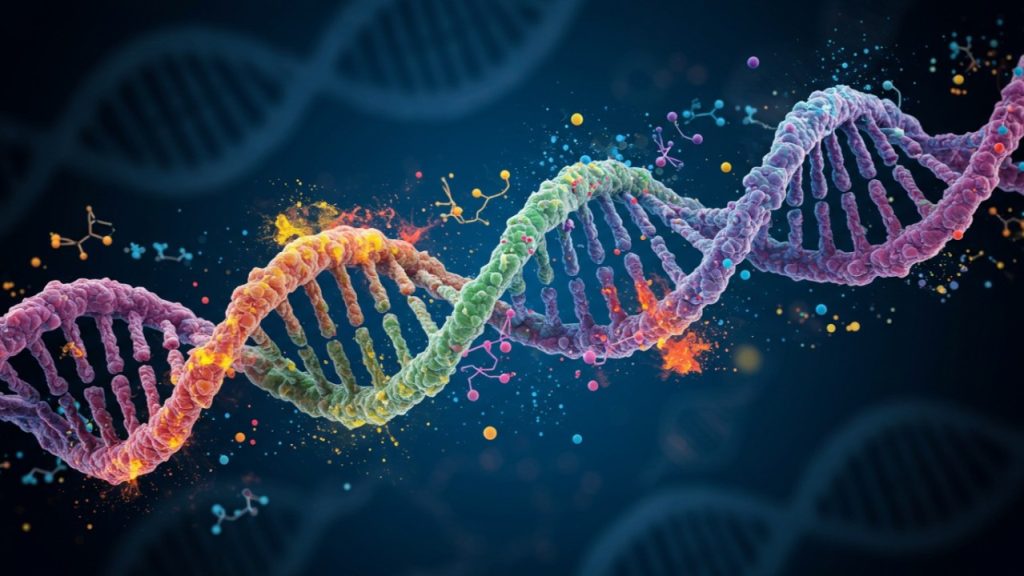If exercise and diet aren’t helping you lose weight, genetics could be the missing link.
You’ve cut sugar. You’re hitting the gym. You’ve tried keto, calorie tracking, and intermittent fasting. But for some reason, the scale won’t budge—or worse, the weight comes back just as fast.
You’re not alone. For millions of people, traditional weight-loss advice just doesn’t work. And it’s not because they’re lazy, unmotivated, or lacking discipline. The real culprit may be coded in their DNA.
What is Nutrigenomics?
Welcome to nutrigenomics, the science that connects your genes to how your body stores fat, burns calories, and regulates hunger.
Weight loss is far more complex than “eat less, move more.” Genetic research is now showing that key genes influence how effectively you metabolize food, how hungry you feel after meals, and how your body responds to different types of exercise. This explains why the same plan that works for your friend might stall out for you.
Let’s explore three of the most impactful genes in this area:
- FTO (Fat mass and obesity-associated gene): Often called the “obesity gene,” FTO affects hunger hormones like ghrelin and leptin. If you carry certain FTO variants, you may feel hungry more often or take longer to feel full—making portion control much harder.
- MC4R (Melanocortin 4 receptor gene): This gene influences how your brain interprets signals related to satiety and energy balance. People with MC4R variants may have a stronger drive to eat and a reduced ability to feel satisfied after meals.
- ADRB2 (Beta-2 adrenergic receptor gene): This gene affects how your body breaks down stored fat during physical activity. Some variants are associated with better response to cardio or HIIT, while others may require longer endurance workouts to see results.
These are just a few examples. Other genes can affect insulin sensitivity, fat oxidation, muscle fiber type, and how your body reacts to stress—all of which are crucial for successful weight management.
So what does this mean in real life?
It means the perfect weight-loss plan already exists—for you. But it starts with your DNA.
With a nutrigenomics test, you can:
Identify genetic tendencies for slow metabolism or fat retention
Discover whether your body prefers low-carb, low-fat, or balanced macronutrients
Choose the right type of exercise for your genetic profile
Understand how hormones, appetite, and stress interact with your weight
This is more than information—it’s empowerment.
Imagine tailoring your diet and fitness plan based on your actual biology, not a generic trend or influencer tip. Imagine knowing in advance what works for your body—and avoiding months or years of trial and error.
Stop wasting time on weight-loss methods that aren’t designed for you. With the SuperDNA Nutrigenomics test, discover a smarter, personalized path to lasting results.










